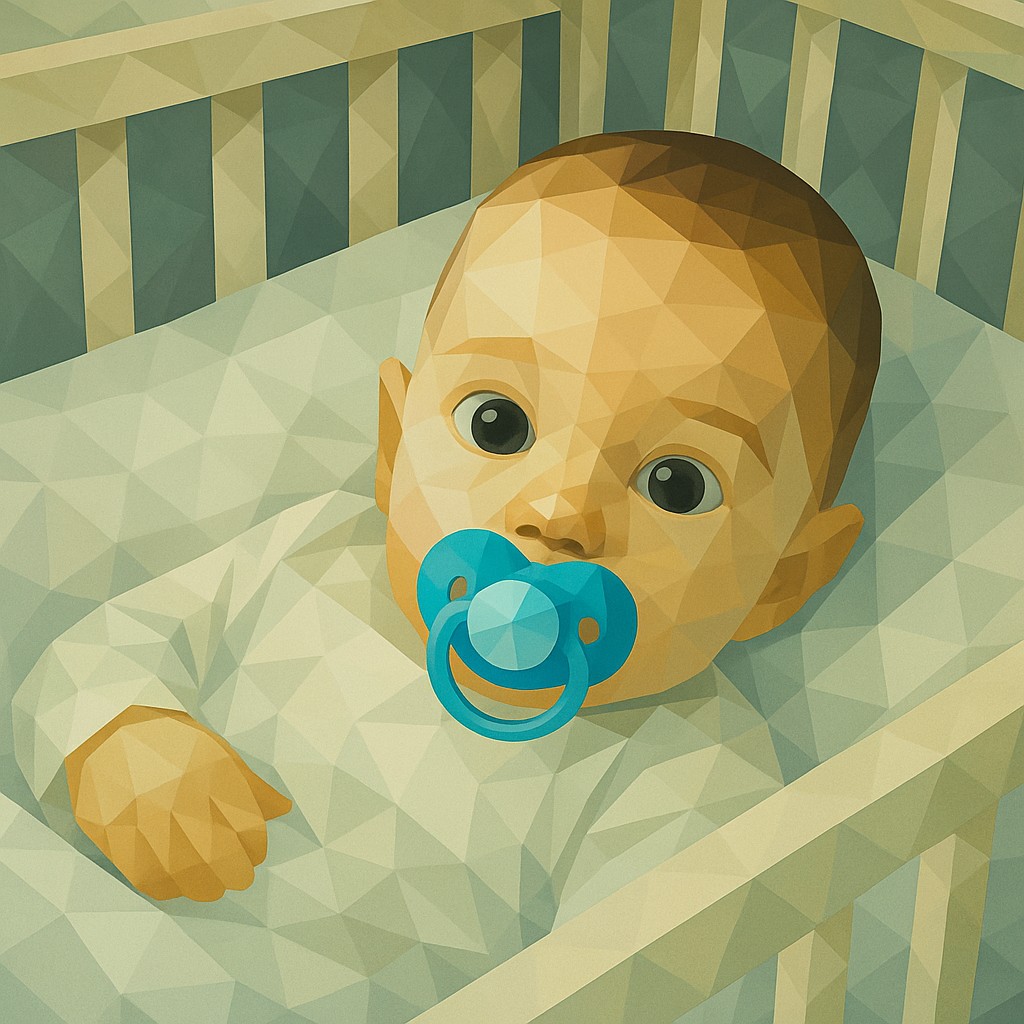Harvard must rediscover its ideals
But the solution does not exist on the right.

AI-generated illustration from Sora
Main moments
Donald Trump has attacked America's elite universities and Harvard in particular. A culture of fear has spread on campus. Underhand, I hear that Norwegian students do not dare to speak out in Norwegian newspapers or on social media in fear of being sent home or imprisoned.
Now the battle for history begins. What explains Trump's behavior? Is the president about to usurp power by destroying independent centers of power, or is it, as the American right says, a necessary clean-up after Harvard left Veritas in favor of leftwing radicalism?
Kjetil Rolness gives a succulent defenses for the american right wing's explanation. Harvard discriminates, gaggles and gives in to radical student activists, inspired by a marginal academic theory called critical race theory.
The narrative is outrageous, but due in realtroubles. What worries me most, however, is that the narrative of what went wrong forces us into the liberal ditch; that we discard those good, social liberal arguments to facilitate safe venues for learning and the exchange of opinions.
Take four of Rolness' charges against Harvard. The Jewish minority does not feel protected from anti-Semitism. A lot of Asian students thinks the admissions process is discriminatory. Students and staff, especially the conservatives, do not dare to discuss controversial issues. A biology teacher left Harvard after lack of support from the institution when students turned on her after she said on Fox News there were only two biological genders.
In the narrative of Rolness and the American Right, these are more than isolated examples of things that have gone wrong at Harvard; they are part of a larger narrative of how left-wing thought has corrupted the institution.
In the prevailing ideology of the left, it is apparently okay if people further down the hierarchy of victimhood are sacrificed in the interests of social justice. The students want to protect the Palestinians on Gaza, but don't care that the Jewish minority feels threatened. Students with Asian backgrounds have to step aside to quota in more black students. Conservative students need to shut up so as not to hurt queers and blacks with offensive utterances. So must biology teachers for not excluding transgender people.
The narrative is too simple, it is for example far from obvious that asians are being discriminated against, but it has a point. I can also understand that it is tempting to give up trying to protect vulnerable groups and rather adhere to formal equal treatment and values such as freedom of expression and academic freedom: remove quotas on admission to higher education, protect the right of all individuals to speak out, and stand up for the academic freedom of employees against students' demands that employees lose their jobs because they do not feel “safe.”
It sounds forgivable, but it doesn't last. Much of the reason the Jewish minority doesn't feel safe is the Palestinian activists' call to “globalize the intifada” and set the Palestinians free “from the river to the sea”, which is interpreted by some as a call for genocide of the Jews.
But note that this is an analysis we often associate with the radical left: that utterances can harm and make the free speech space of minorities smaller, regardless of the recipient's intention or the utterance's obvious meaning content.
Should one protect the freedom and security of Jewish minorities on campus, it does not hold to say that free speech must always prevail. One apparently needs to place limits on what slogans the protesters can use in order for Jewish students to feel safe on campus.
In the longer term, conciliatory measures are necessary. This, too, requires taking some tricks out of the work that the American right strongly dislikes, namely Diversity, Inclusion and Equality (DEI). Probably the institution needs to facilitate safe spaces of expression and respectful dialogue, as well as to make Palestinian activists aware of the consequences of their utterances.
Nor can students' lack of confidence in expressing controversial opinions be solved by insisting that everyone has the right to speak out. That students do not feel safe to express controversial point of view can, of course, be partly explained by the willingness of student activists to sanction what they perceive as “harmful” opinions. But the problem is more widespread than that.
All people are sensitive to group dynamics and the gaze of the others. Anyone who has been a teacher knows full well that the presence of liberal rights is not enough for people to feel safe to express their opinions. Giving someone freedom of speech is not the same as giving them freedom of speech.
This is what those who criticize students for being snowflakes should be the first to understand. You cannot consistently claim that students are both snowflakes who are afraid of other people's opinions, and at the same time think that the fact that students do not dare to speak out on controversial topics means that there is no freedom of speech.
I share the view that Harvard in several areas has failed in its defense for basic academic principles. It also makes a number of Left-wing academics and students at Harvard. But should the institution find a home, the answer is not to give up affirmative action and work on inclusion and equality. But the work must be rooted in thoughtful social-liberal principles, not marginal theories of critical race theory.
More from Langsikt

A new project for the state: The baby package
Stewardship of the natural resources and the welfare state are two of our nation's greatest triumphs. What is the next big project for A/S Norway?

Here are two suggestions for how the Oil Fund can be run ethically
When we invest in companies that contribute to violations of international law, we profit from the suffering of others. That's not necessarily problematic.

Preserving the wealth tax is good conservative policy
The wealth tax is an insurance against the greater vulnerability of the tax system, writes Aksel Braanen Sterri in a reply to Eirik Løkke.

Can't we trust the rich?
The country's richest are not fulfilling their part of the societal contract.